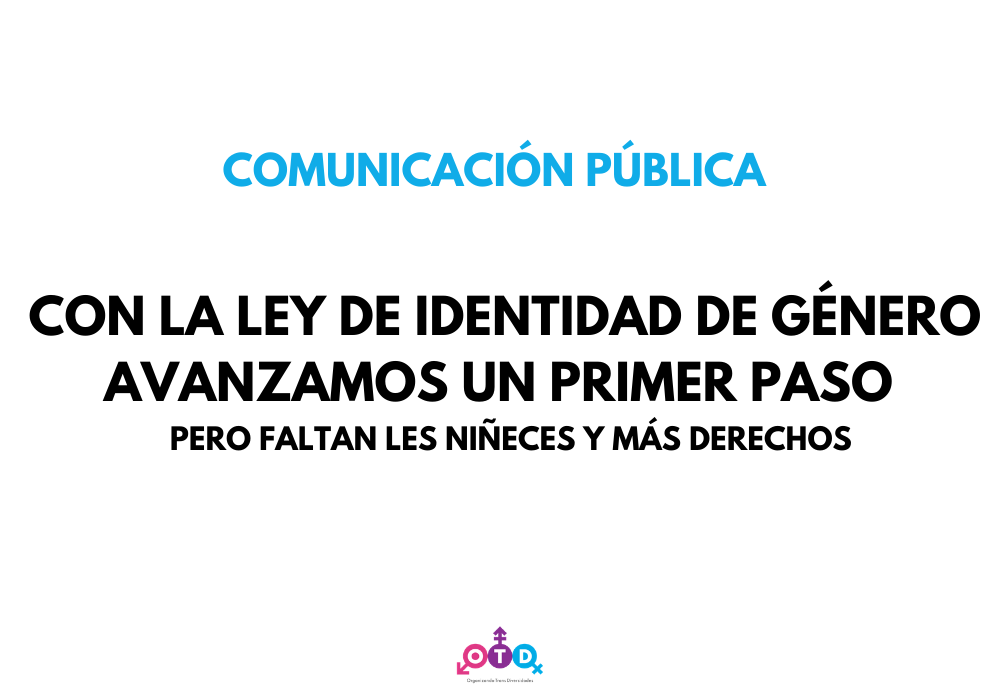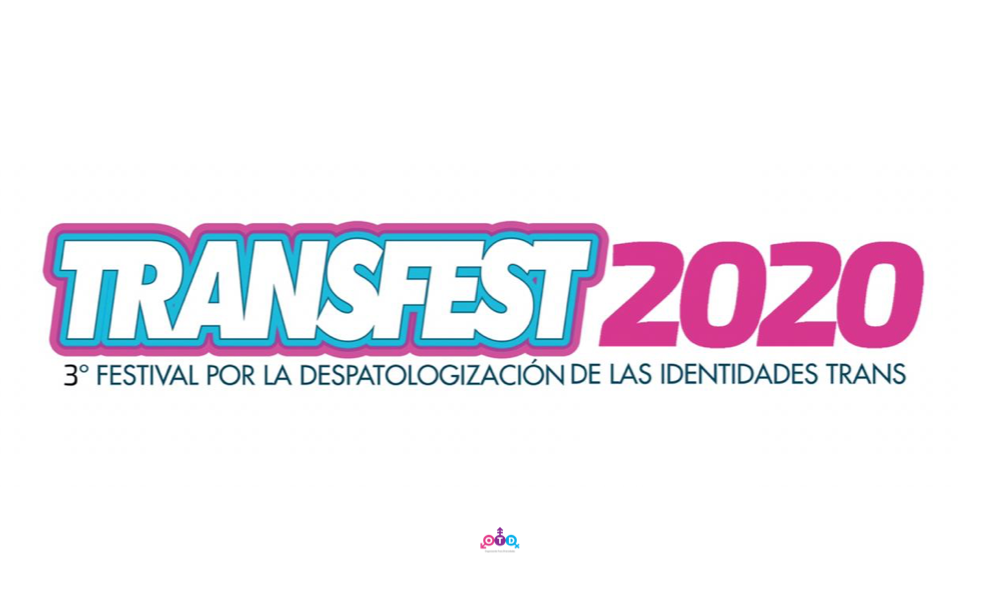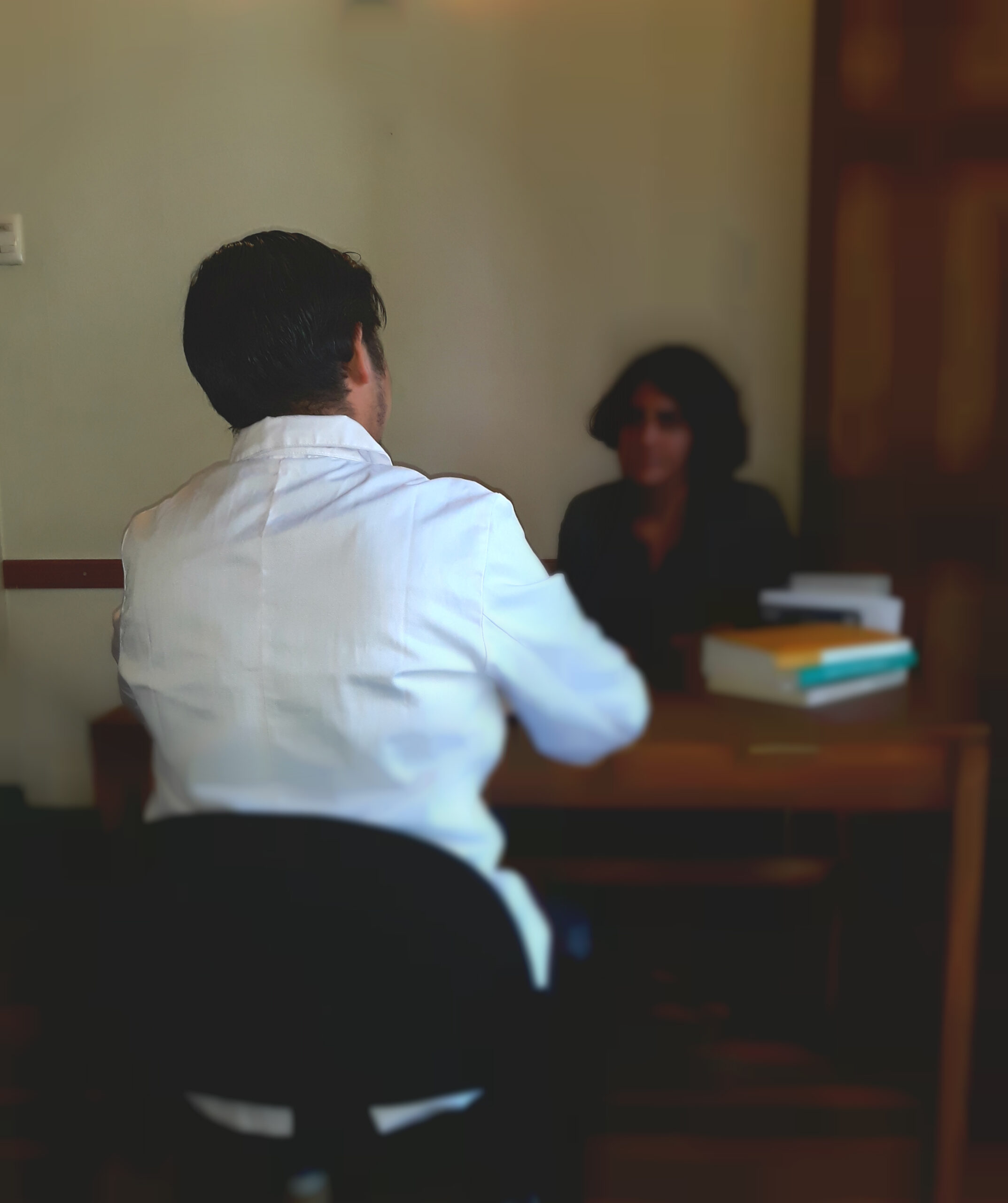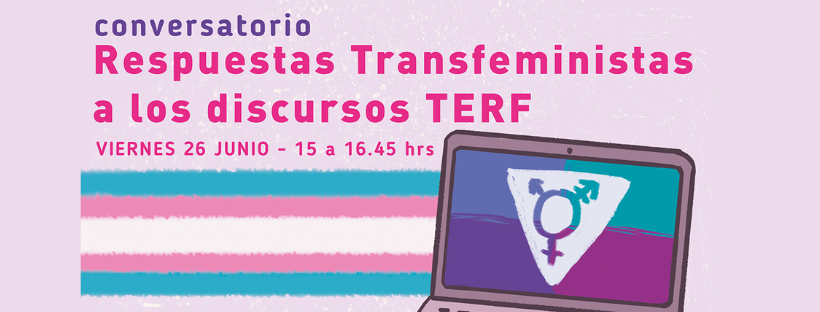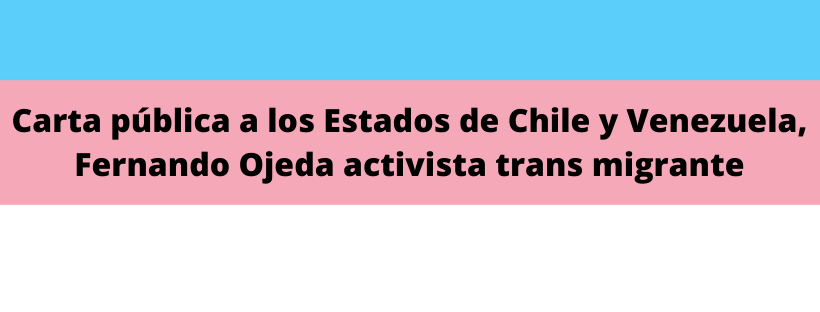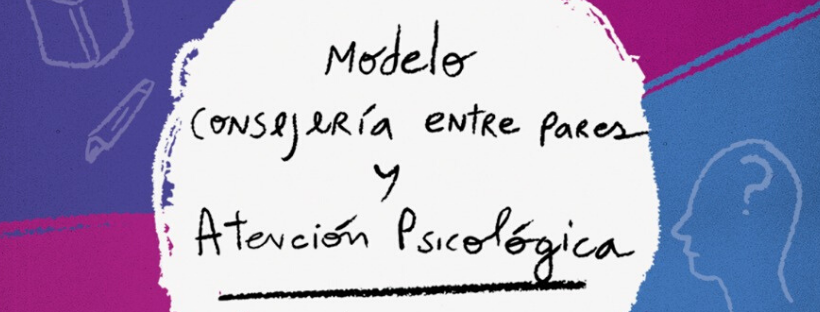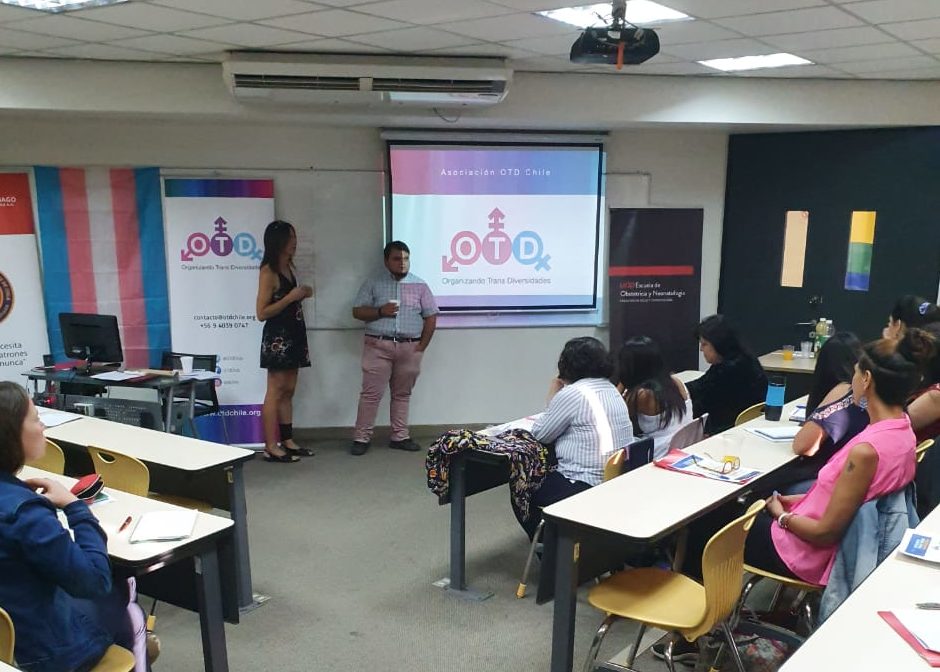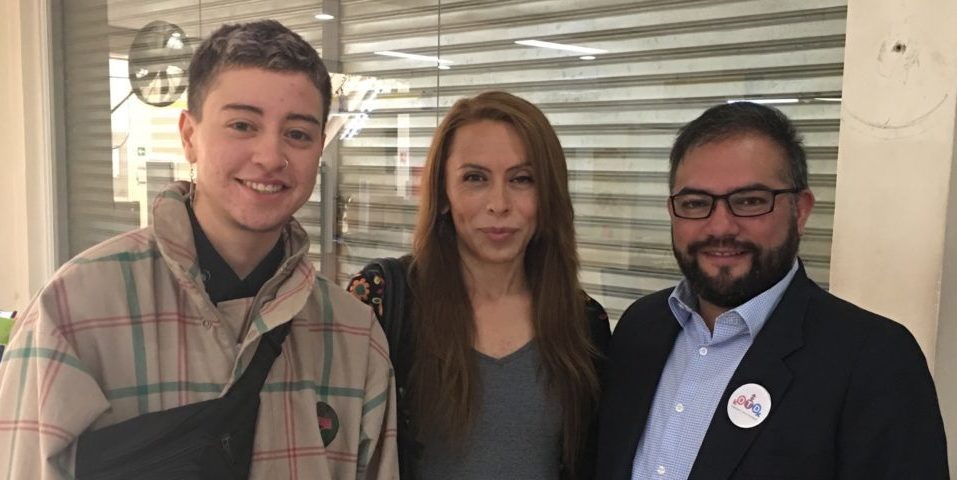(Santiago, December 27, 2019).-Before the entry into force of the Act 21,120, which recognizes and protects the right to gender identity, the Association OTD Chile – Organizing Trans Diversities, as a transfeminist organization that promotes the human rights of trans, non-binary and intersex people, wants to communicate the following to the public opinion:
- We celebrate this first legal advance in the specific recognition of trans identities by the Chilean institutions. We thank the countless sexual dissidents, activists, artists, professionals, lawyers, academics, students, political and social leaders who worked, marched, fought and even died demanding that their documents genuinely represent their gender identity and expression and, above all, the name they have chosen for themselves. However, this is a minimum step that, in no case, will solve the large list of demands of the trans, cross-dresser, non-binary, intersex, lesbian, dyke, tail, pansexual, queer population and all the letters inside and outside LGBTTTIQ+.
- Regarding to the law, we have the following objections and observations about its implementation:
2.1. The administrative procedure should be the general rule and there should be neither distinctions by age or marital status, nor intervention of a court, requirement of witnesses, nor a limited number of times of name and sex change. Also, gender identity should not be restricted only to man or woman by arbitrarily suppressing the rest of gender identities, which left people of other gender without the right to recognition of their identity.
2.2. We reject that the law does not allow the change of name and registered sex in children under 14, since it is the population most exposed to suicide risk due to transodium: 56% of Chilean trans have attempted suicide and, of this group, 57% have tried before 15-year-old. (see encuesta-t.cl/resultados).
2.3. We refuse to require the authorization of the mother or father, so that children under 18 can change their name and registered sex: 97% of trans people in Chile have been questioned about their identity in their own family environment, and in 68 % of cases this comes precisely from parents. This is reflected in 30% of verbal aggressions, and in 8% of physical aggressions. The only way in which the progressive autonomy of trans children is recognized, is through an administrative procedure.
2.4. We demand that the State assign public funds for the execution of the accompaniment programs to trans children under 18. It is unacceptable and contradictory that, on the one hand, this requirement is incorporated, carefully regulating the accreditation of civil society organizations, but, on the other hand, no budget is assigned to this task. NGOs of trans people (and those of human rights in general) have limited resources, limited equipment and are overwhelmed by the high demand of citizens for public services in the area and that the State is not providing to its population. We condemn that we are subjected to the expansion of a privatization logic in dealing with children; now to trans children: we trust in organizations that have been working for the dignity of trans diversities for years, but we are familiar with the economic, collective and personal difficulties of our activism and although we could serve a limited number of families, we will not be able to give all trans children, meeting spaces with their peers in a safe environment, free from discrimination, bullying, abuse or violence.
2.5. We call to the Ministry of Health:
2.5.1. To expand the offer of support services to Primary Health Care (PHC).
2.5.2. To publish the 13 public hospitals that will grant the accompaniment programs to trans children.
2.5.3. To URGENTLY train the professionals who will execute them, including civil society in this task, just as the Civil Registry and Identification Service did in their preparation for the enforcement of the law. While we recognize the hard work of officials concerned with the dignity of our population; we distrust that this good will is present in all territories: for this reason, the intervention from the Central Administration is urgent to avoid the possible episodes of discrimination that we have to regret.
2.5.4. To update its circulars on access to hormone replacement therapies and genital modification surgeries, in order to eliminate any treatment, expression or pathological reference, which violates the principle of non-pathologization of article 5, letter A of the Gender Identity Law (Act 21.120).
2.5.5. To establish a standardized protocol at national level that clarifies and simplifies the access to them, designating Family Health Centers (CESFAM) and hospitals by geographical area of the country to which the trans population can go in an easier and closer way.
2.6. We reject that the law has established a forced divorce for married people who will change their name and registered sex. Many people make their gender transition with the support of their partners, children and families, so this procedure reproduces stereotypes that continue to obstruct equal rights for all sexual dissidence and for all genders. Once we advance in sexual-affective education for all ages, in prevention and criminalization of hate crimes and their incitement, and in the recognition of filial rights for children of lesbian mothers or other sexual dissidents; Chile must move towards equal marriage which, besides allowing it between same-sex people, simplifies divorce, facilitates adoption and enshrines equal rights between spouses, ending centuries of discrimination against women in the marital space.
- In the same line, we call all sexual dissidence to install the following as priority of our movement, over other claims of a heritage nature:
3.1. A structural reform to Act 20.609 that establishes measures against discrimination, extending it against all types of violence and intolerance, which creates a state body responsible of generating, promoting, supervising and sanctioning compliance with public policies and other regulation on the subject; to simplify the complaint procedure, establish the dynamic burden of proof, increase fines and establish compensation for damages against discriminated persons.
3.2. Strengthening the prevention and criminalization of hate crimes, creating the criminal type of travesticide and transfemicide.
3.3. Ensure a non-sexist education that ends with the gender selection or other reasons, and other stereotypes, both in public and private establishments.
3.4. Mandatory sexual-affective education from the preschool age, free from discrimination and with an equity perspective of all sexualities, genders and emotions.
3.5. The approval of a “Trans Integral Law,” which establishes mechanisms for real labor inclusion, education without discrimination, explicit health guarantees, justice commissions, truth and reparation for discrimination against sexual dissidents, especially focused on recognizing all persons without distinction of age and in particular to trans adults and elderly, who have been violated and discriminated by society and that the State has not been able to stop.
3.6. The regulation of sex work from a feminist perspective, that guarantees social security rights, access to health and protects those who dedicate themselves to this occupation from abuse and violence.
3.7. The ratification of the Inter-American Convention against all forms of Discrimination and Intolerance, created at the 43rd session of the OAS General Assembly, signed by Chile on October 22, 2015, but still waiting to be sent by the President for its discussion in the National Congress.
Click here to download the Public Statement.
